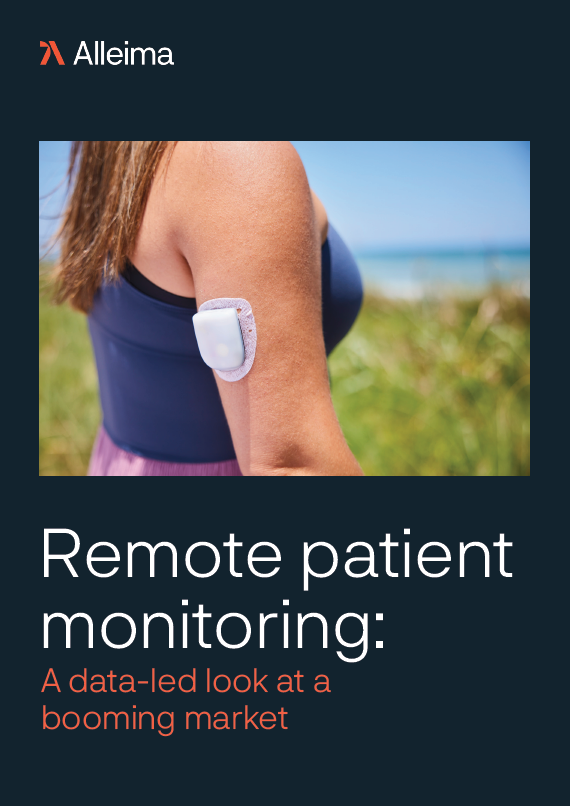
Home-based healthcare provider, Cera, has committed to saving the UK’s National Health Service (NHS) £100m ($126m) using virtual consultations employing artificial intelligence (AI) to reduce hospitalisations.
The telehealth app has said that its AI platform is positioned to reduce stress on the NHS ahead of the winter surge in hospitals, by delivering five million consultations and virtual ward visits that the company says are able to prevent 52% of hospitalisations and prevent 80% of hospitalisations seven days in advance.

US Tariffs are shifting - will you react or anticipate?
Don’t let policy changes catch you off guard. Stay proactive with real-time data and expert analysis.
By GlobalDataThe telemedicine app uses data analysis and machine learning (ML) to predict and engage with at-risk patients as the NHS prepares for its annual winter surge in cases for which the NHS has said the utilisation of virtual wards is key to its 2023/2024 strategy.
This winter the NHS has dedicated £1 billion of dedicated funding to insulate the organisation against a surge in cases that puts stress on systems and leaves some patients without care.
Previously, Medical Device Network spoke with the NHS’ digital transformation director, Iain O’Neil, detailed how the NHS has always struggled with buying the right technology ahead of time in order to prevent surges like those in winter.
Ben Maruthappu, CEO of Cera, said: “With greater focus now being placed on the delivery of effective care at home, it’s clear that increasing demands are spurring an important transition towards digital-led and AI-enabled solutions. Discharging patients from hospitals and into social care settings is one of the country’s greatest healthcare priorities.”
GlobalData’s Medical Device Intelligence Centre has found that the remote patient monitoring market will reach $760 million by 2030, up from $548.90 million in 2020, with a compound annual growth rate of 3.3%. Much of this growth was propelled by the use of telehealth services over the Covid-19 pandemic which saw widespread adoption of the technology.
A poll carried out by GlobalData as part of the same research found that 201 respondents, 66% said they were now more willing to use a remote monitoring device compared to before the pandemic. Additionally, only 6% of respondents were less willing to use them due to efficacy concerns.
Maruthappu added: “Cera commits to delivering five million care visits this winter to help keep more patients out of the hospital and relieve both capacity and financial pressures. Our care solution, driven by a combination of AI and data analytics, helps frontline staff do more with less and keeps patients safely at home through predictive technology.
“Moving patient care from hospital to home, where appropriate, is one of the most effective ways to reduce the burden on our already-overstretched healthcare services that are facing increasing budget cuts.”
It follows an expert panel at Dusseldorf’s MEDICA 2023 conference where digital twins and the use of the Metaverse in treating patients took centre stage as part of a discussion on the future of how emerging digital technologies can be used to help patient outcomes.
It also follows after the government announced an investment of £30m ($36m) in medical technology to relieve pressure on the NHS ahead of the winter surge in cases.







